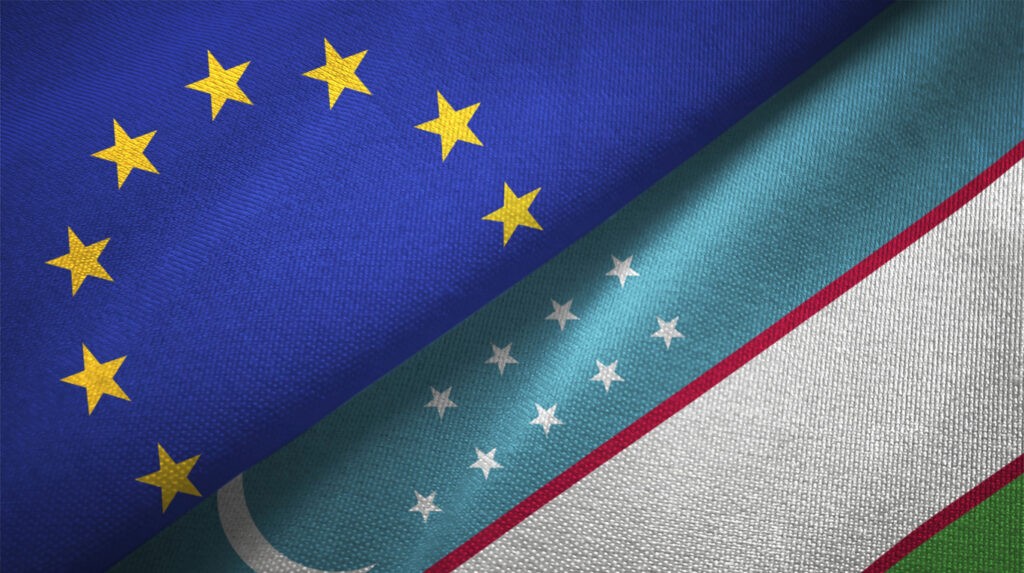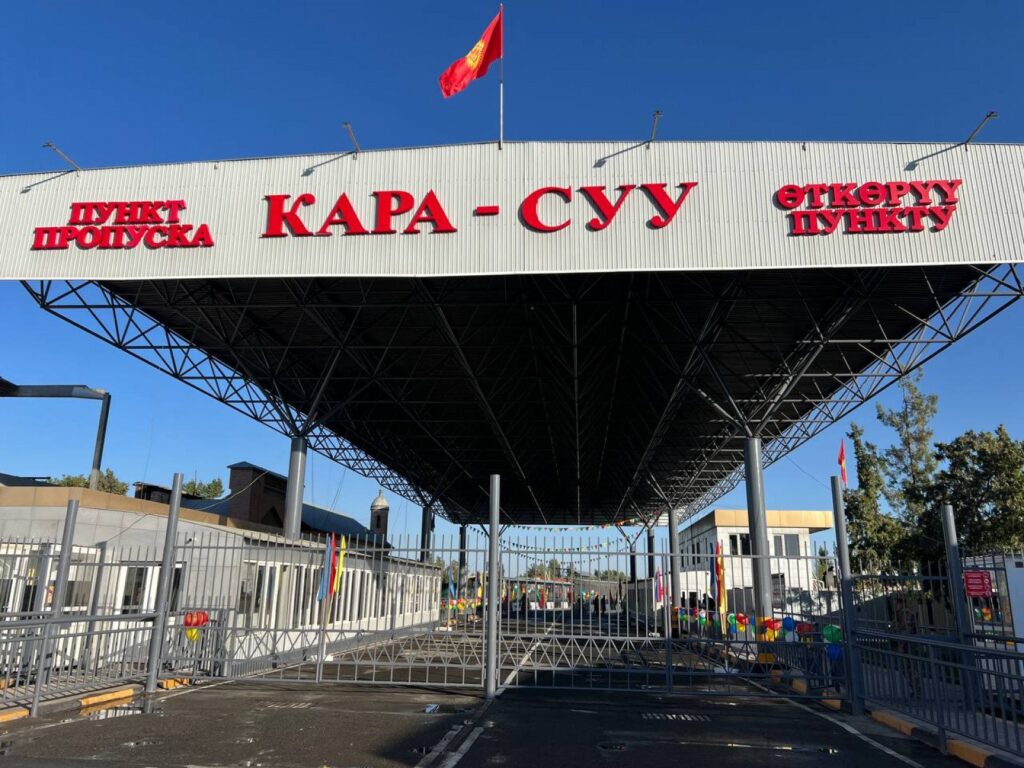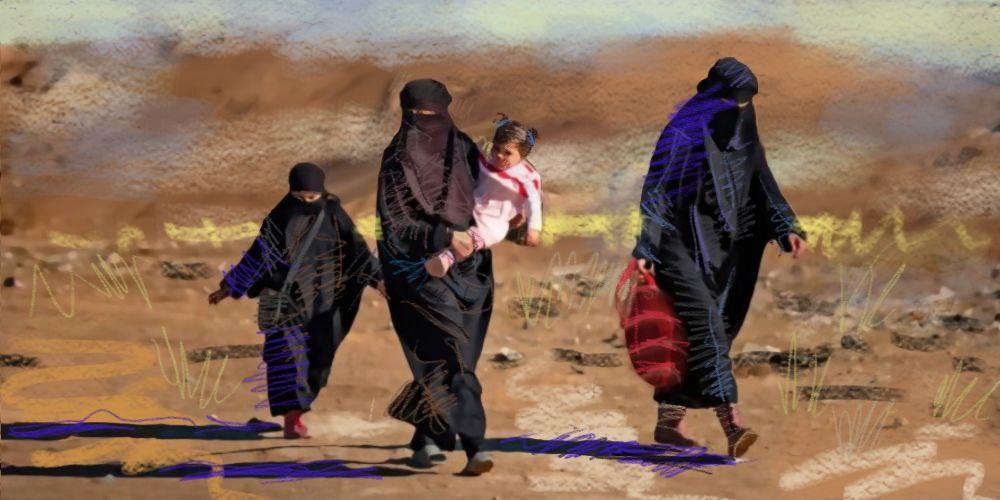TASHKENT (TCA) — The European Union and Uzbekistan are to hold the highest-level political meeting since the death of longtime Uzbek President Islam Karimov in 2016, RFE/RL reports.
EU representatives are expected to raise political issues, including human rights in the tightly controlled Central Asian country during the meeting in Brussels in the evening of July 17.
Uzbek Foreign Minister Abdulaziz Kamilov will represent Tashkent at the first meeting of the EU-Uzbekistan council since 2015.
EU officials have told RFE/RL of their hope for “renewed engagement” with Uzbekistan and have been encouraged by some liberal steps taken by President Shavkat Mirziyoyev, who came to power after Karimov’s death was announced in September.
Estonian Foreign Minister Sven Mikser, whose country holds the rotating EU presidency, will chair the meeting and is expected to bring up issues including reforms, human rights, and the rule of law.
In a joint statement, the Association for Human Rights in Central Asia (AHRCA), the International Partnership for Human Rights (IPHR), and Amnesty International urged the EU “to emphasize the need for concrete changes in the human rights situation in Uzbekistan.”
They said the government must end the persecution of human rights defenders, journalists, and dissident voices while also ensuring that domestic and international media can operate freely and independently.
They also said Tashkent must allow an independent international inquiry into events in the eastern city of Andijon in 2005, when Uzbek security forces shot dead scores of antigovernment protesters.








